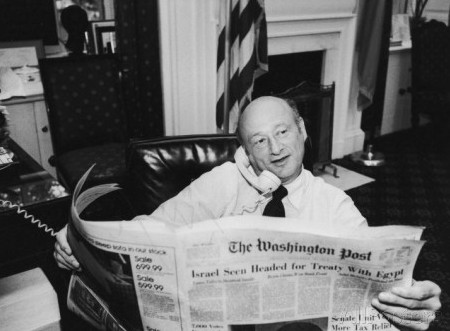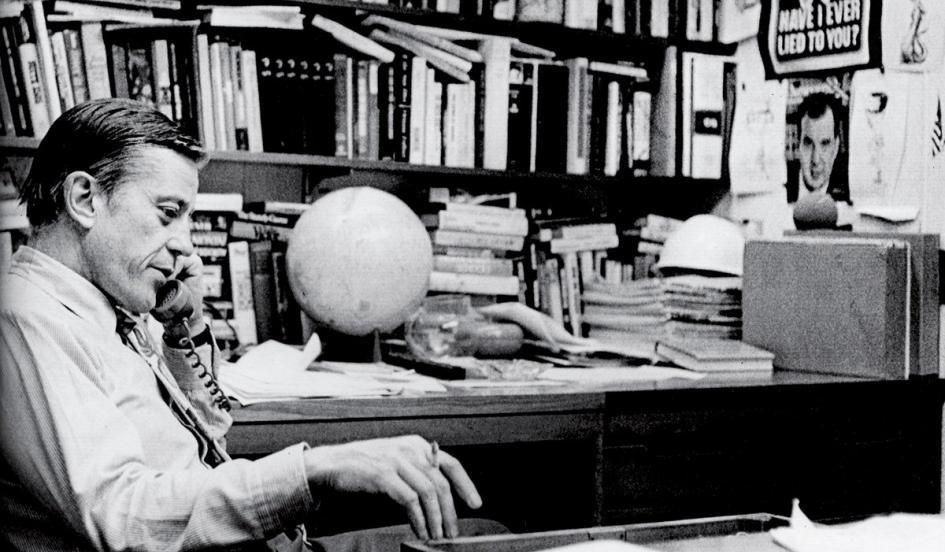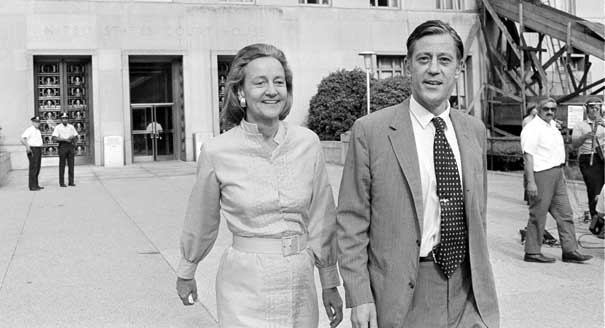The Washington Post, which went from taking the pulse of the world to barely having one of its own, just another newspaper laid low despite its Watergate fame, couldn’t have hoped for a better fate than Jeff Bezos buying the company in 2013 with some of his couch-cushion change. But as WaPo has become something of a digital juggernaut, aggressively publishing 1,200 pieces a day online to gain eyeballs, the question is whether the quantity has been matched by quality. It isn’t quite Buzzfeed with brain-numbing listicles, but some of the content is questionable. There are no easy answers to the thorny new questions, though I certainly enjoy it more post-Bezos.
From Lukas I. Alpert and Jack Marshall at WSJ:
While Mr. Bezos has rarely visited the paper’s offices, he holds a one-hour teleconference with the paper’s top managers once every two weeks. Twice a year, Post executives fly to Seattle for daylong retreats with their boss.
On the calls, Mr. Bezos is given briefings on everything from how the paper is dealing with ad blocking to the status of technology upgrades. He primarily focuses on improvements to the paper’s digital products, particularly its mobile apps, and its distribution strategies and has stayed out of editorial matters, executives said.
“He does not get involved in the journalism except to encourage us to hire the best journalists that we can,” Mr. Ryan said. “He has really focused on the technology and customer side, which has been one of the hallmarks of Amazon. Our engineers have an open line to him and he has made his expertise available to us anytime.”
…
Some critics have raised questions about whether the new focus has resulted in an increasing amount of poorer quality content in the drive to attract more readers and whether it will ultimately lead to what the Post will need most to survive: more digital subscribers. The paper’s executives declined to get into specifics about finances or how many digital subscribers they have signed up. The New York Times had 1.04 million digital subscribers at the end of the third quarter, while The Wall Street Journal had 819,000.Post executives say while they are always looking for the best ways for content to succeed, they insist they are not cheapening their journalism. “The Internet is its own medium but we approach everything as Washington Post stories. They may not always be traditional newspaper stories, but we are not living in a traditional newstelling time,” said editor-in-chief Marty Baron.•



